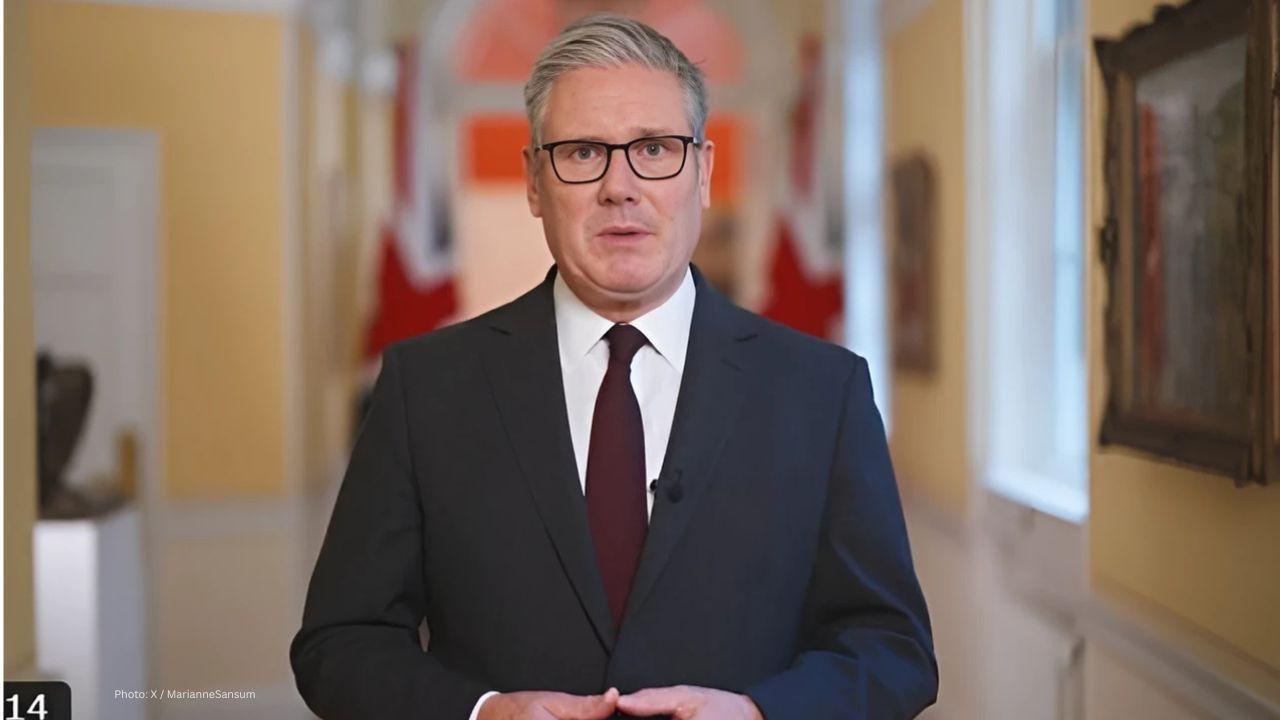
Post by : Naveen Mittal
When the United Kingdom formally recognised Palestine as a state, it drew sharp reactions across Israel—anger, accusations, arguments about symbolism versus reality. The decision, announced by UK Prime Minister Keir Starmer, marks a notable shift among Western countries backing Palestinian statehood. Several other nations, including Canada and Australia, were part of this wave.
But for many in Israel, the move feels like a provocation rather than progress.
In West Jerusalem, near Benjamin Netanyahu’s residence, people gathered in cafes heard the news. Some were angry. Others shrugged and called it “political theater.” Shira Hazan, a shop owner, said, “Of course I’m angry... But what changes?” A man nearby described the gesture as “colonial arrogance.”
Politicians also spoke out. Itamar Ben-Gvir, a hard-right minister, called the recognition “a prize for … terrorists” and pushed for immediate annexation of much of the occupied West Bank. He also said he planned to dismantle the Palestinian Authority.
Former defence minister Benny Gantz warned that such recognition, especially now, could deepen conflict. He argued that recognising Palestine without progress on ceasefires, hostages, or peace negotiations might only strengthen hardline positions—not bring peace.
Not everyone in Israel opposes the decision. Left-wing Knesset member Ofer Cassif called it “a step in the right direction,” saying recognition alone won’t solve the conflict, but could serve as important diplomatic pressure. He urged that it not be the end goal, but a starting point toward peace and accountability.
Internationally, the UK’s move is widely seen as symbolic but meaningful—a break from traditional Western reluctance. Some analysts say the recognition underscores growing discomfort in several Western capitals with the ongoing war in Gaza and Israel’s expansion of settlements in the West Bank.
Symbol over substance: Recognition gives some diplomatic status. But it doesn’t change the borders on the ground, or who controls which territories.
No immediate UN dropout: Recognition doesn’t automatically mean full UN membership or power to enforce changes on Israel. Much depends on global and regional diplomacy.
Domestic politics matters: In the UK, Canada, and Australia, political pressure has been mounting. Voters, civil society groups, and human rights advocates have pushed their governments toward recognition.
Israel’s government is now facing political pressure at home. Some factions want a tougher response. Others warn this could hurt Israel’s international standing.
Meanwhile, Palestinian leaders welcomed the recognition as long overdue. They say it affirms Palestinian claims to sovereignty and justice. But many agree that recognition must be followed by action—such as diplomatic pressure, international law enforcement, and ending occupation—in order to produce real change.
Recognition by the UK and its Western partners may not resolve decades-old disputes. But the shift marks a turning point in how many governments view the conflict—and could reshape the diplomatic landscape.
UK recognition of Palestine, Israeli reaction, Palestine statehood, international diplomacy, two-state solution, Netanyahu backlash
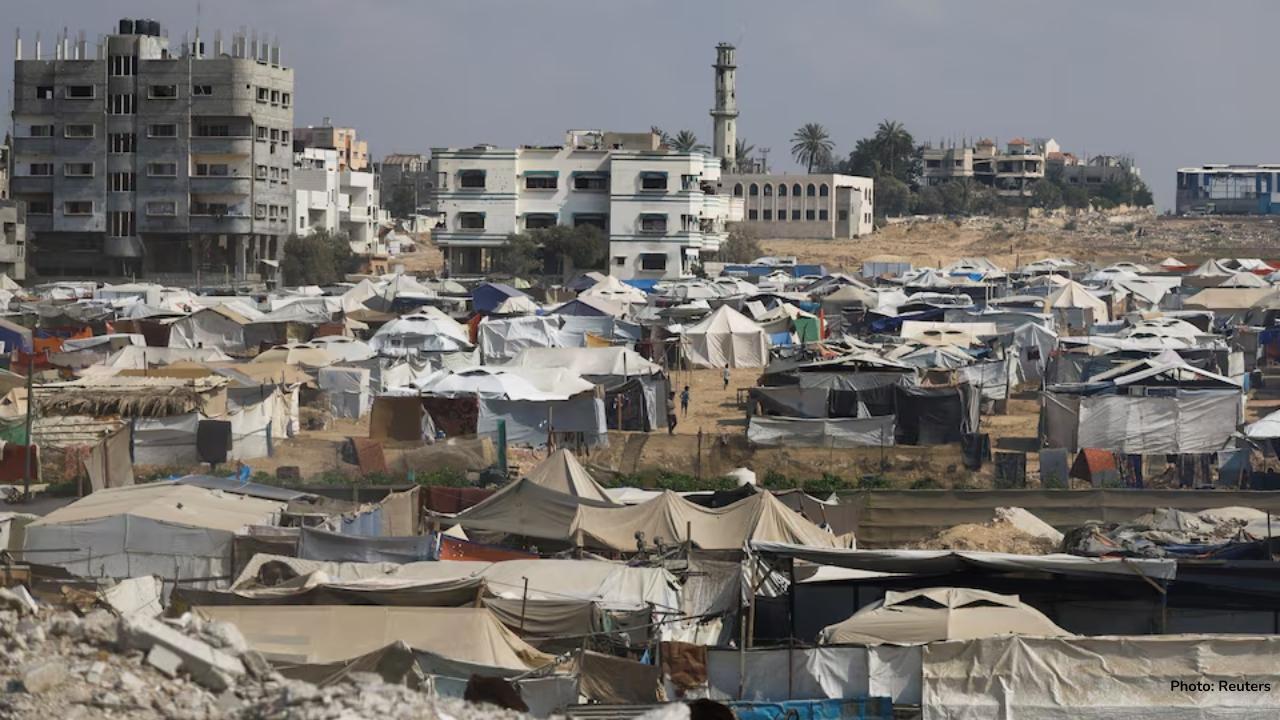
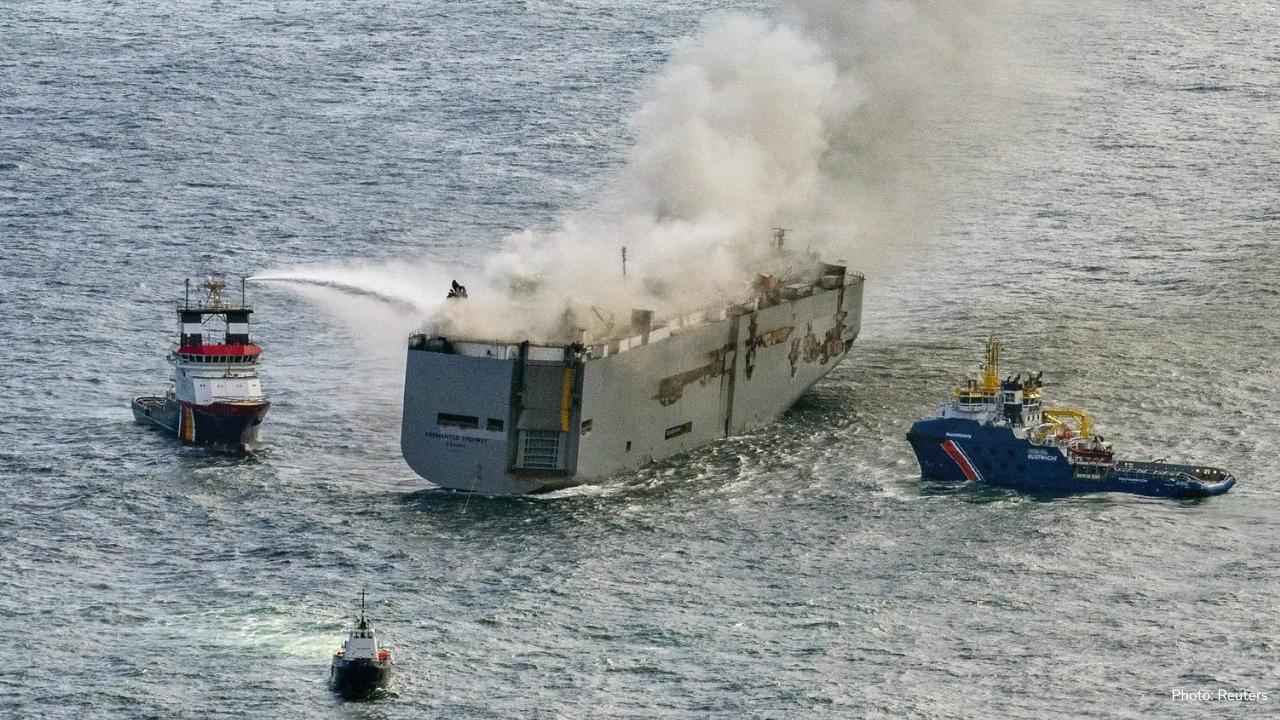

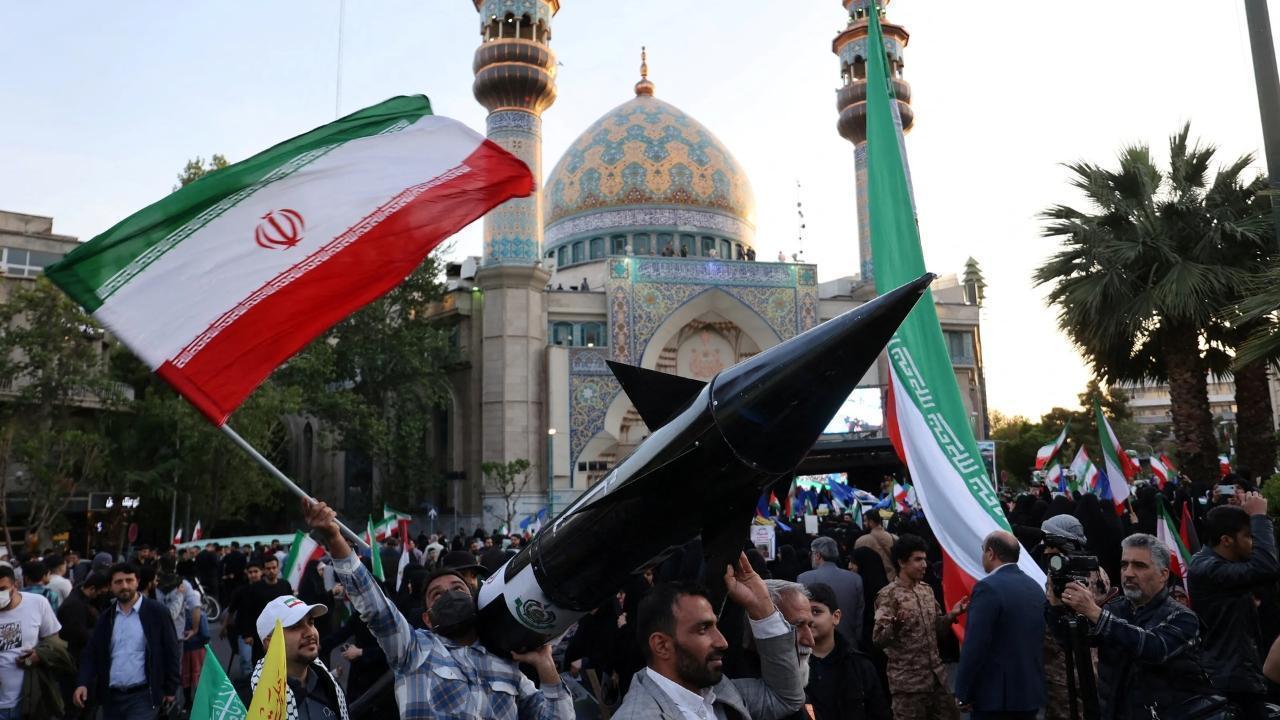
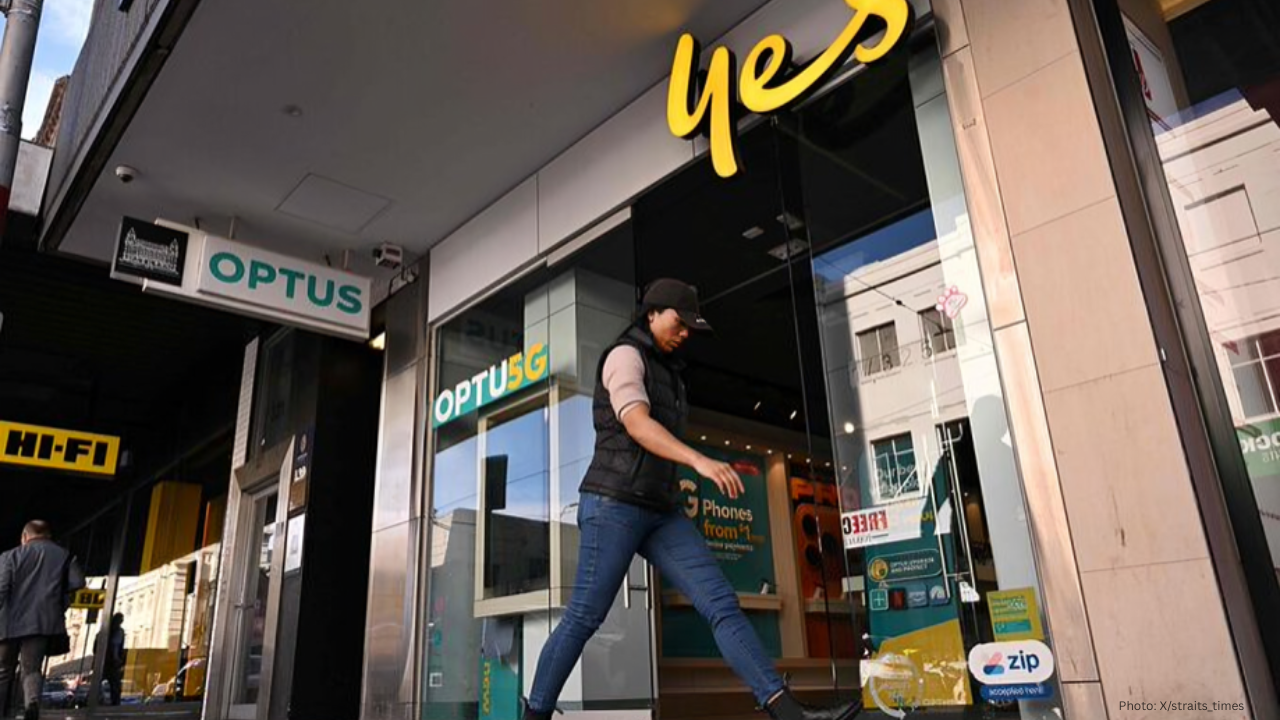
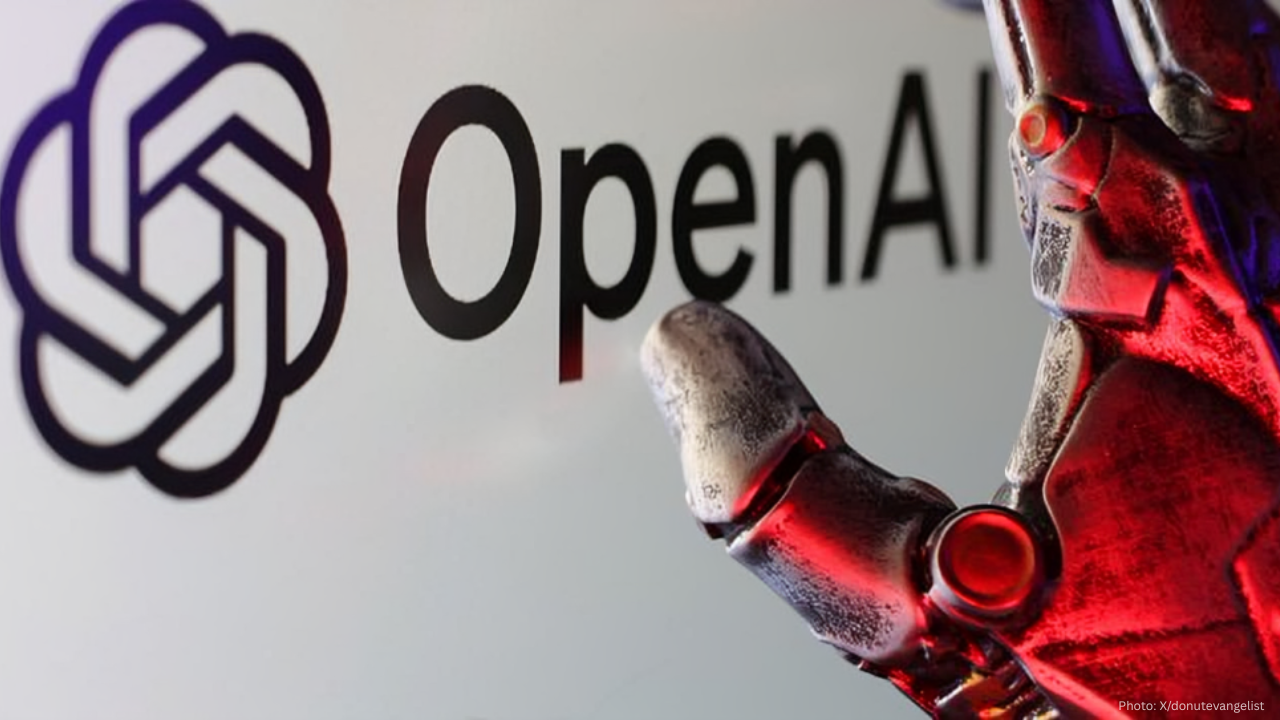
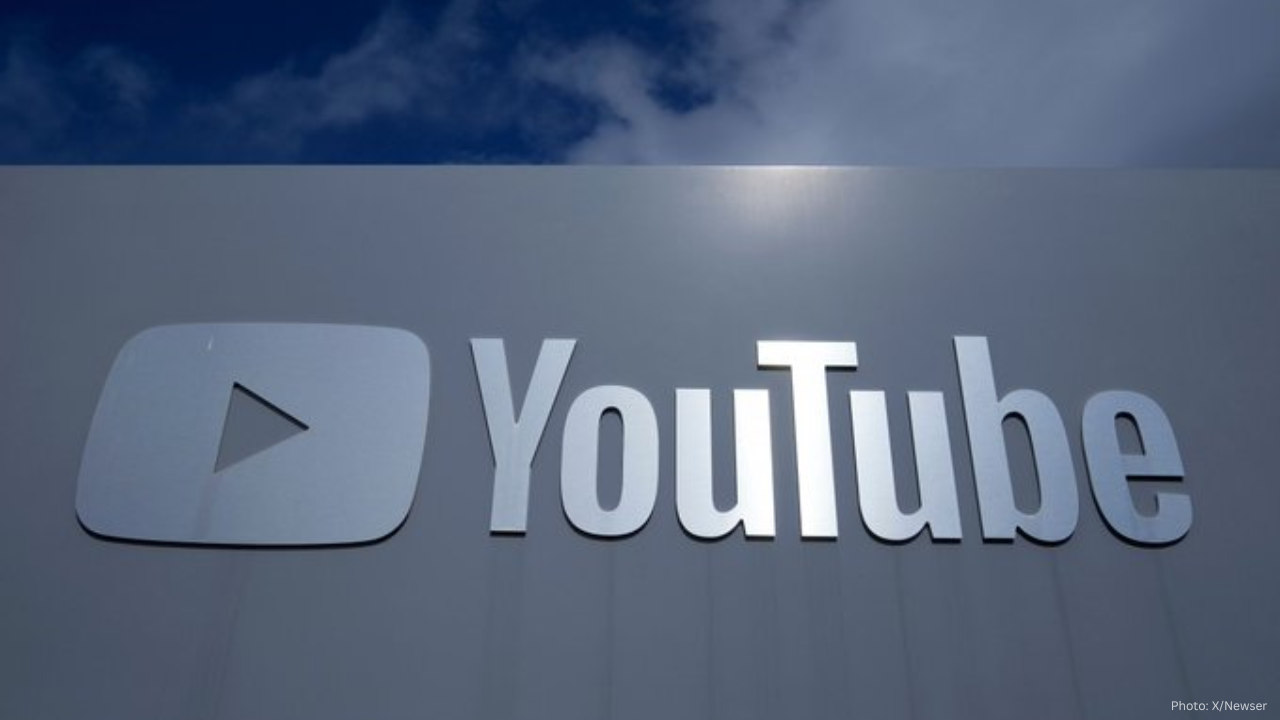

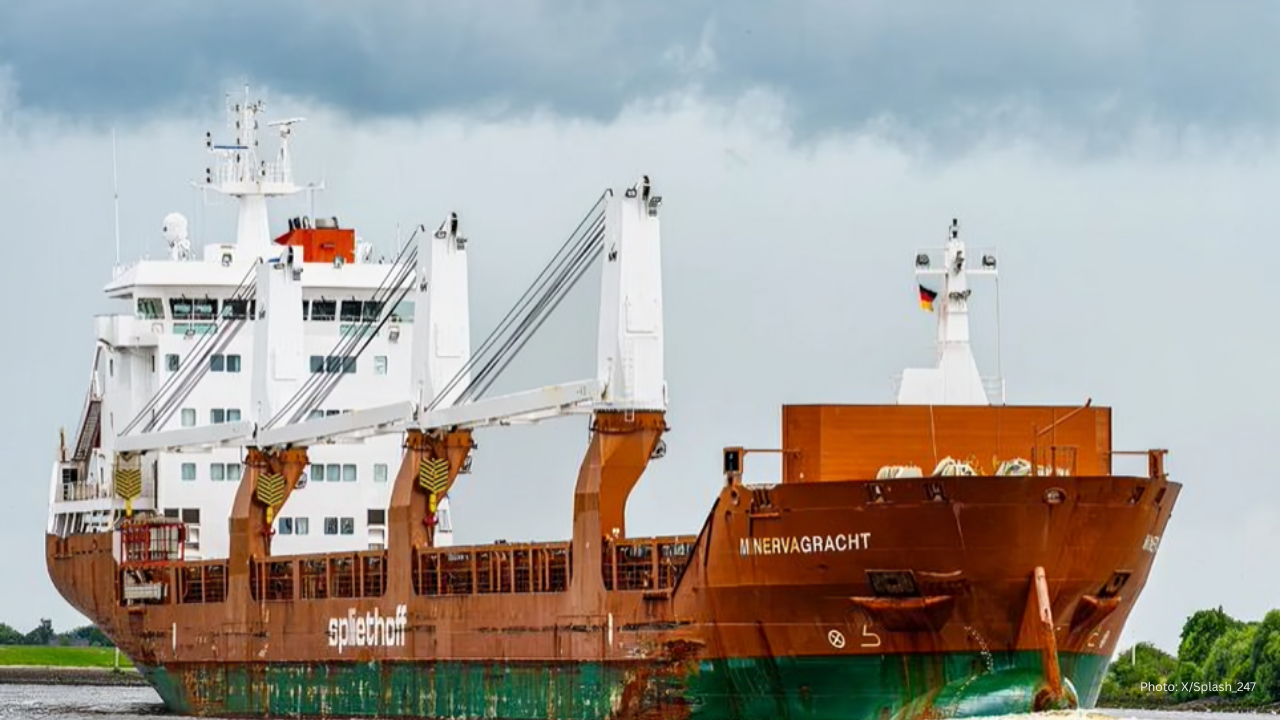

Palestinian Authority's Role in UN Two-State Plan Explained
UN-backed plan outlines Palestinian Authority's role in Gaza governance, peace efforts, and state-bu

Dutch Ship Hit by Explosion Near Yemen, Crew Rescued
Dutch-flagged cargo ship Minervagracht attacked near Yemen's Aden; two crew injured, vessel on fire,

UAE Urges Netanyahu to Support Trump’s Gaza Peace Plan
UAE calls on Netanyahu to back Trump's Gaza peace plan and warns against West Bank annexation, empha

US Deports 100 Iranians After Agreement with Tehran
The U.S. has deported 100 Iranians to Iran following a deal with Tehran. A U.S. flight departed from

Trump and Blair Lead New Gaza Peace Plan
U.S. unveils peace plan for Gaza with Trump and Blair leading. Hamas excluded. Plan includes ceasefi
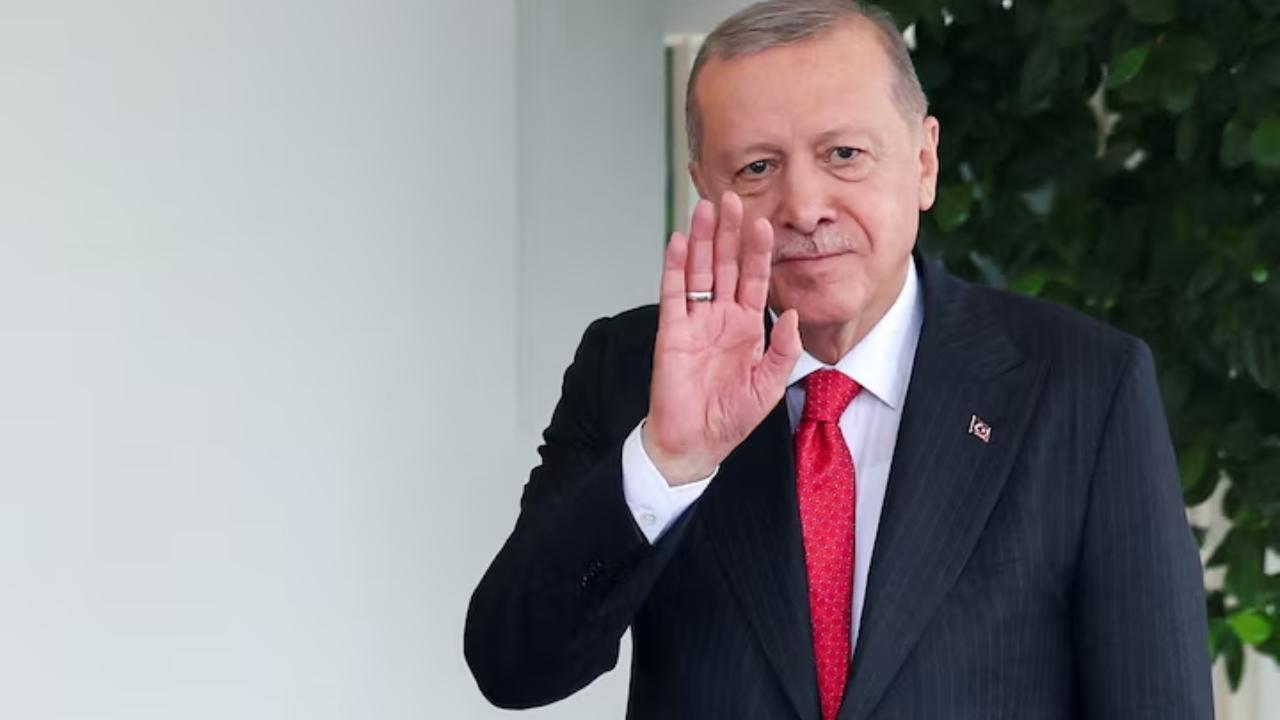
Erdogan Praises Trump's Efforts to End Gaza War
Turkey's Erdogan commends Trump's leadership in securing Gaza peace deal. Hamas's response pending.